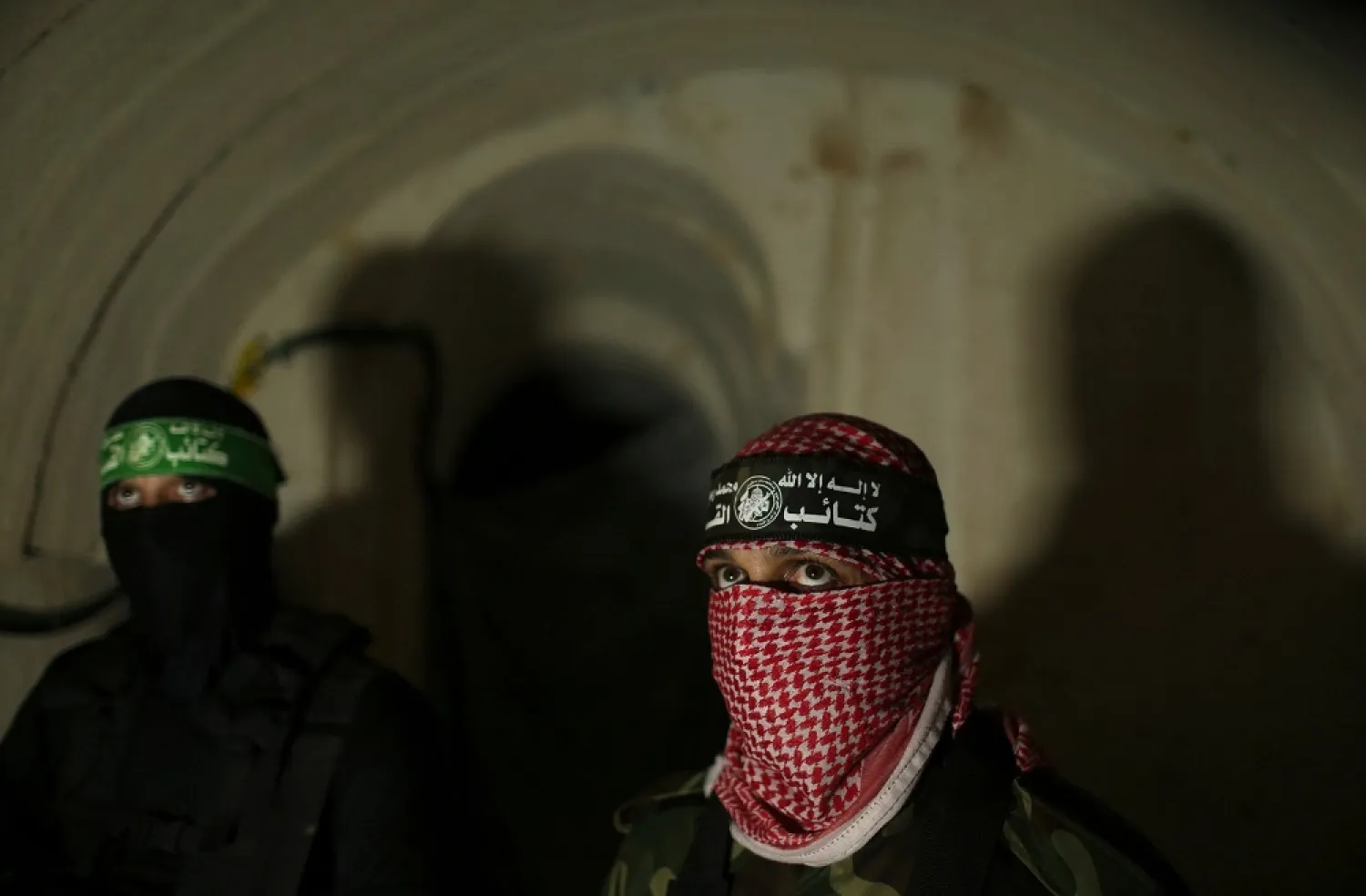The Qassam Brigades, the armed wing of the Hamas movement in Gaza, has launched a wide internal investigation after one of its officials was found to be working for and after another recently fled to Israel.
Palestinian sources close to Hamas told Asharq Al-Awsat that the official in charge of the air defense system in Jabalia had fled to Israel in June. This raised the alarm within the Qassam, which launched a probe over what prompted his escape.
The investigations led to a separate case and arrest of the Qassam official responsible for the of communications networks for the Gaza City neighborhood of Shajaiya who turned out to be working for Israel since 2009.
This is not the first time that Israel successfully infiltrates Palestinian factions, but it has been doing so for decades. The Israeli Security Agency (Shabak) is actively involved in recruiting Palestinians.
Israeli media detailed the latest infiltration of the Qassam, saying a “major military commander” has been collaborating with Israel and fled Gaza with trove of information. It also reported on Hamas’ arrest of another major military commander on suspicion of his collaboration with Israel.
It identified him as Mahmoud, saying he was responsible for the communications networks in the Shajaiya neighborhood. It added that he had also trained Hamas members on spying and on information gathering.
The breaches prompted Hamas to take a series of measures, including summoning members for questioning and changing communications networks and telephone numbers of several senior figures. Israeli media said the developments led Hamas into a “state of hysteria”.
Sources told Asharq Al-Awsat the Qassam had widened its probe, but was still making light of the developments, saying it was taking strict security measures. They said that the Brigades always keeps in mind that Israel constantly tries to breach it and so, every official within its ranks is privy to limited information and plans are constantly being changed.
The breach did not reach dangerous levels, top officials or sensitive secret information, they said. The investigations are ongoing and the situation is under control.









